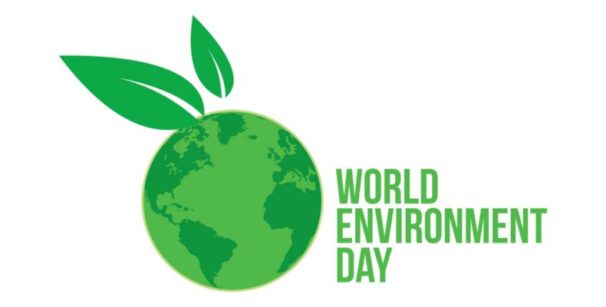
NEW DELHI – Released June 5, World Environment Day, a new report from UN Environment finds a surging momentum in global efforts to address plastic pollution. The first-of-its-kind accounting finds governments are increasing the pace of implementation and the scope of action to curb the use of single-use plastics.
In what is framed as the first comprehensive review of “state of plastics,” UN Environment has assembled experiences and assessments of the various measures and regulations to beat plastic pollution in a report: “Single-use Plastics: A roadmap for Sustainability.”
This global outlook, developed in cooperation with the Indian Government and the Ministry of Environment, Forest and Climate Change, presents case studies from more than 60 countries. The report analyzes the complex relationships in our plastics economy and offers an approach to rethink how the world produces, uses, and manages single-use plastics.
Among the recommendations are specific actions policy makers can take to improve waste management, promote eco-friendly alternatives, educate consumers, enable voluntary reduction strategies, and successfully implement bans or levies on the use and sale of single-use plastics. The report was launched in New Delhi today by Indian Prime Minister Narendra Modi, and Head of UN Environment Erik Solheim on the occasion of World Environment Day.
“The assessment shows that action can be painless and profitable—with huge gains for people and the planet that help avert the costly downstream costs of pollution,” said Erik Solheim Head of UN Environment, in the report’s foreword. “Plastic isn’t the problem. It’s what we do with it.”
Among the key findings, the report states that government levies and bans—where properly planned and enforced—have been among the most effective strategies to limit overuse of disposable plastic products. However, the report goes on to cite the fundamental need for broader cooperation from business and private sector stakeholders, offering a roadmap for upstream solutions, including extended producer responsibility and incentives for adoption of a more circular economy approach to plastic production and consumption.
The report recognizes that single-use plastic waste generation and waste management practices differ across regions. While no single measure against pollution will be equally effective everywhere, the authors outline 10 universal steps for policymakers to tackle the issue in their communities.
Under the theme: “Beat Plastic Pollution”, World Environment Day 2018 is issuing a call to action to individuals, governments, the public, and the private sector to examine joint solutions to reduce the heavy burden of plastic pollution on our natural places, our wildlife, and our own health.










